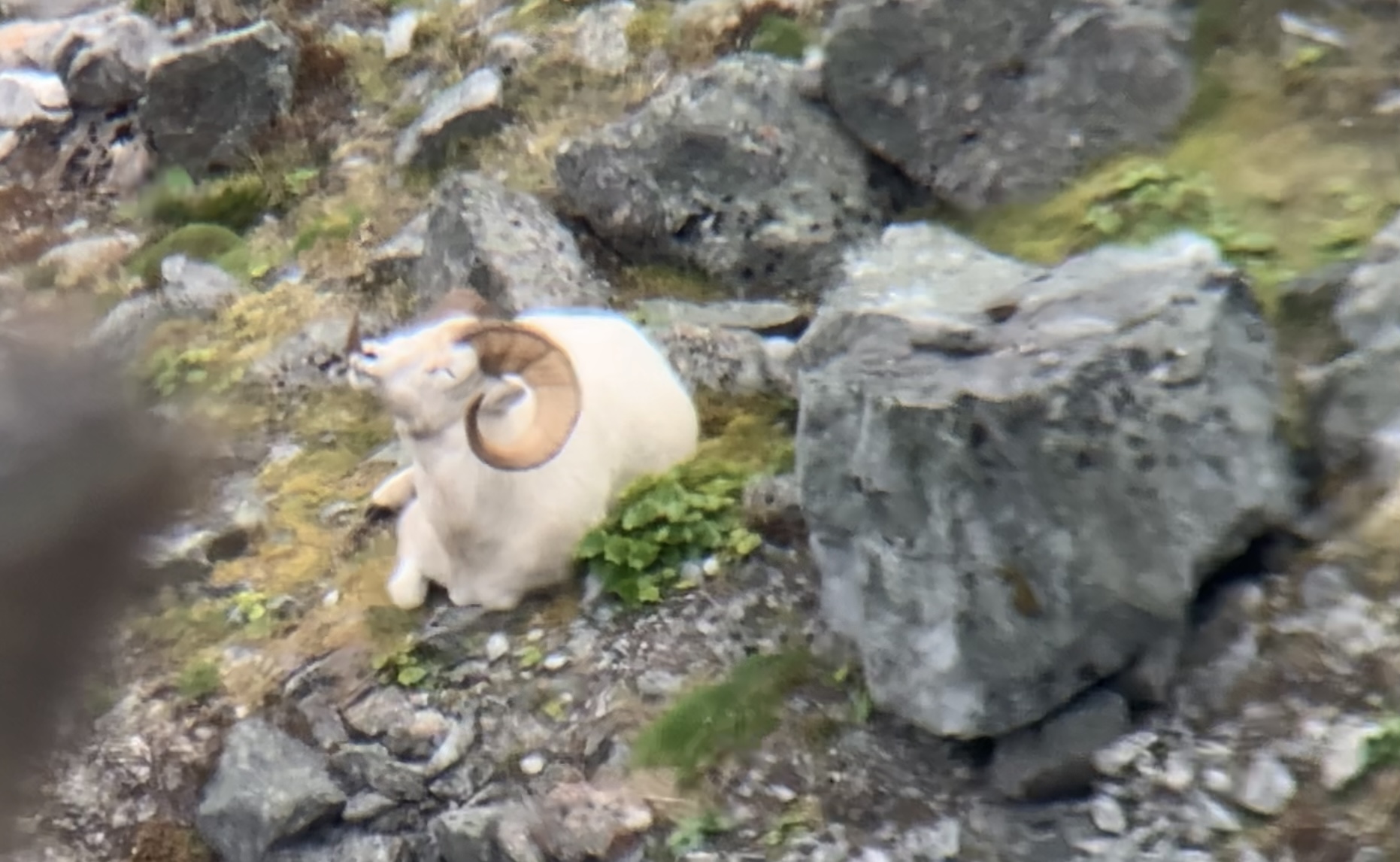Dall sheep season generally opens August 10 in Alaska, at which time many sheep hunters will already be in the field. If the National Park Service has its way, however, some of those hunters’ plans will be foiled. On July 28th, the Yukon-Charlie National Preserve office of the National Park Service filed WSA23-05, which asks the Federal Subsistence Board for an emergency closure of all sheep hunting in Alaska game units 20E and 25C within the Yukon-Charlie Preserve. Alaska Dept. of Fish and Game Deputy Commissioner Ben Mulligan tells Outdoor Life that because this is an “emergency request,” there will be no public hearing or board meeting on the matter.
The past few years have seen the cascading closure of millions of acres of Alaska public lands to both caribou and sheep hunters—nearly all of which have been opposed by the Alaska Dept. of Fish and Game. Many in the state view these events as an overreaching power grab by the federal agencies and the Federal Subsistence Board that’s controlled by their regional directors.
In 2022, federal lands in a large portion of the central Brooks range were closed to sheep hunters based on a request penned by one resident. Before that, nearly 60 million acres of federal public lands were closed to non-local caribou and moose hunters in northwest Alaska.
This latest closure request, WSA23-05, will be decided without the normal allowances for public input only days before the season opener. In a memo from Mulligan, the department states firm opposition to the proposed closure, arguing that it is not supported by scientific evidence or studies. It also points out that the department—which is responsible for managing sheep populations in the area—was not consulted before this request was filed.
“Dall’s sheep in YUCH (Yukon-Charlie) are managed using the full-curl ram harvest management strategy,” the memo states. “The full-curl strategy is a conservative strategy because it delays harvest of rams until they are among the older age classes. Because rams aged 8 years old or older, have higher mortality rates than younger rams (Deevey 1947), we know that the full-curl strategy is a mostly compensatory harvest strategy. Furthermore, this harvest management strategy is self-regulating and sustainable, regardless of population size. As evident from harvest data during 2018–2022, in which annual harvest averaged 1.4 rams per year (range 0–3 rams harvested per year) within YUCH.“
Although sheep populations in much of Alaska are generally depressed due to large weather-related die-offs in recent years, Alaska’s management strategy of only harvesting older mature rams is shown to have minimal hunter-influenced effect on populations. Further, according to ADF&G, the entire area the action would close averages only 1 to 3 rams per year taken by hunters—a minimal impact in the 2.5-million-acre area.
Little information is available on when WSA23-05 will be decided, but it’s likely that hunters will lose access to yet another few million acres of their public lands in Alaska.

